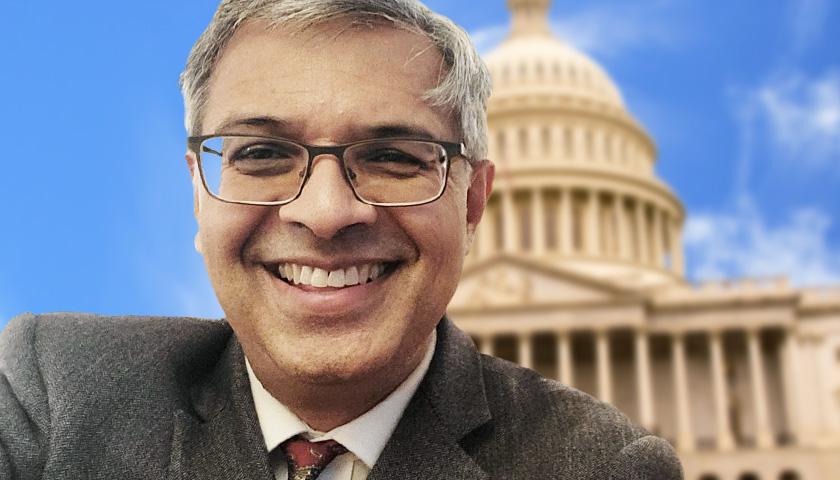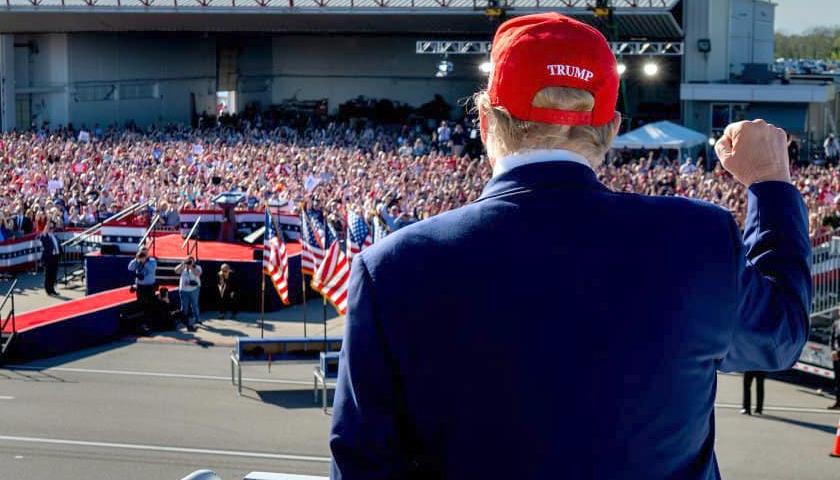Pennsylvania State Representative Kevin Boyle (D-Philadelphia) this week announced to colleagues his proposal for public funding of some state legislative campaigns.
The measure would require a candidate to have raised at least $10,000 from “small-dollar donors,” meaning those who have contributed between $1 and $200. State Rep. Boyle would allocate payments to hopefuls amounting to six times the total small-dollar contributions they’ve amassed.
The program would be funded via “a surcharge imposed on top of any fine levied as part of a criminal conviction, settlement or civil or administrative penalty against a business entity in Pennsylvania.”
In a memorandum on his legislation, Boyle lamented the growing amounts that political action committees (PACs) and corporations have spent on political campaigns in the wake of the 2010 Supreme Court decision Citizens United v. Federal Election Commission. The decision determined that corporate entities may exercise the free-expression guarantees as guaranteed by the First Amendment to the U.S. Constitution. Boyle noted that $308.6 million in total was donated to Pennsylvania campaigns and PACs last year and that the top 10 donors gave $22.1 million.
“With that amount of money changing hands, the individuals and corporations donating are bound to have influence over candidates once they get elected,” the representative stated. “What’s more, candidates without much personal wealth or backing from large corporations or PACs may struggle to gain traction or get their name out to voters.”
However, the measure faces long odds in the GOP-controlled General Assembly. Republicans have largely bristled at the liberal push for using public monies to back candidates rather than fund the services for which they were originally allocated.
– – –
Bradley Vasoli is managing editor of The Pennsylvania Daily Star. Follow Brad on Twitter at @BVasoli. Email tips to [email protected].
Photo “Kevin Boyle” by Governor Tom Wolf. CC BY 2.0.





